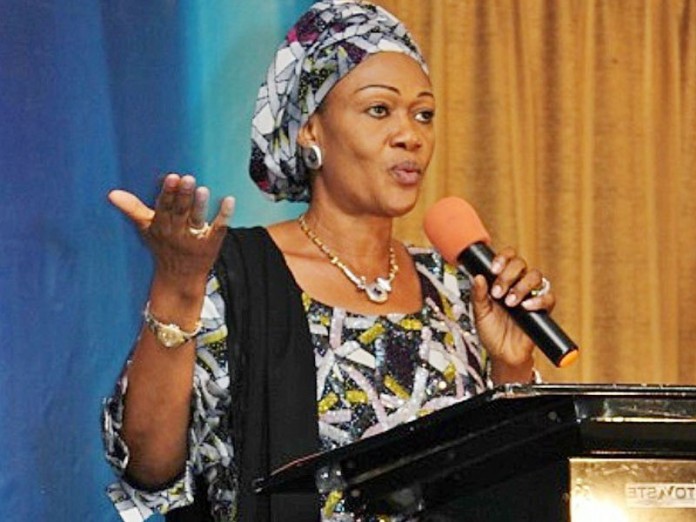- Senator Oluremi Tinubu urges the implementation of stricter laws and harsher punishments for rapists and perpetrators of gender-based violence in Nigeria
- She emphasizes the urgency of addressing the alarming rise in rape cases, calling for accountability and protection for vulnerable individuals
The First Lady of Nigeria, Senator Oluremi Tinubu, has called for the implementation and enforcement of tougher laws and harsher punishments for rapists and perpetrators of sexual abuse and other forms of gender-based violence. She emphasized that those involved in such heinous crimes should not be allowed to roam freely and pose a threat to others.
Speaking at the 1st Gender and Social Norms Summit organized by the United Nations Population Fund (UNFPA) in collaboration with the Office of the First Lady of Nigeria, Senator Tinubu expressed her concerns over the increasing rate of rape cases in the country.
She stated, “There must be improved legislation to give and enforce appropriate punishment to perpetrators of rape, sexual abuse, and other forms of gender-based violence, who are dangerous and not deserving of roaming the streets. We have to speak not only firm and tough but act accordingly.”
The First Lady described the rising cases of rape and gender-based violence as alarming and questioned whether society should allow this trend to continue or look the other way. She highlighted the disturbing reality that even infants are being violated, stressing the urgency of addressing this issue.
Senator Tinubu called on law enforcement agencies, the Inspector General of Police, the Attorney General of the Federation, and the Chairman of the National Assembly (the Senate President) to enact and enforce stricter laws and punishments for those guilty of rape, sexual abuse, and other gender-based crimes. She added, “No guilty party should be allowed to go free and start roaming the streets looking for the next victim.”
Karima Bungudu, a Gender Analyst for the United Nations Population Fund, presented findings from a situational analysis of Nigeria, noting that nearly one in three Nigerian women have experienced some form of gender-based violence. She added that women with disabilities are particularly vulnerable to such violence. Bungudu also pointed out the high prevalence of harmful practices such as female genital mutilation, child marriage, and other forms of violence against women and girls, which often lead to serious health issues like Vesicovaginal Fistula (VVF).
The event concluded with the signing of the Compact of Commitment by the First Lady, Senator Oluremi Tinubu, and the wives of state governors, reaffirming their commitment to ending gender-based violence (GBV) and other harmful practices in their respective states.
